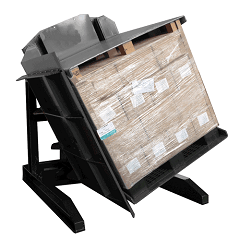Our company offers a variety of performance wrapping machine designed for steel coil, pipe coil, master coil.Each of these automation in the handling and packaging ...

At SHJLPACK, our development commitment has and continues to be focused on the better future for our staffs in ablilty, income and life.
Learn More


Pallet handling eqipment manufacturer: It is for changing the pallet easy and safety. The machine made for frozen food industry. The pallet load was up turning by hydraulic station so that it is separated with pallet. And the pallet can be chagning by manually or fork car lifter

Automaic coiler for plastic PE hose, PVC pipe, HDPE pipe coiling and strapping with PP in 3/4/6 belts.
The coiling speed upto 100m per minute both for online connets to the extruder or offline connects to the reel pay off machine.
The automatic coil

The coil packing line connects to the slitting machine for autoamtic coil packing up from turnstile. The slit coil strapping, weighing, packing and stacking automatically.
The coils will be well packed and palletizing on the pallet...
We got 20 years experience in ring type wrapping machine and handling equipment in designing, manufacturering and programing. In the road to be a leading coil packing solution turnkey manufactsurer service for customer around the world
Learn More